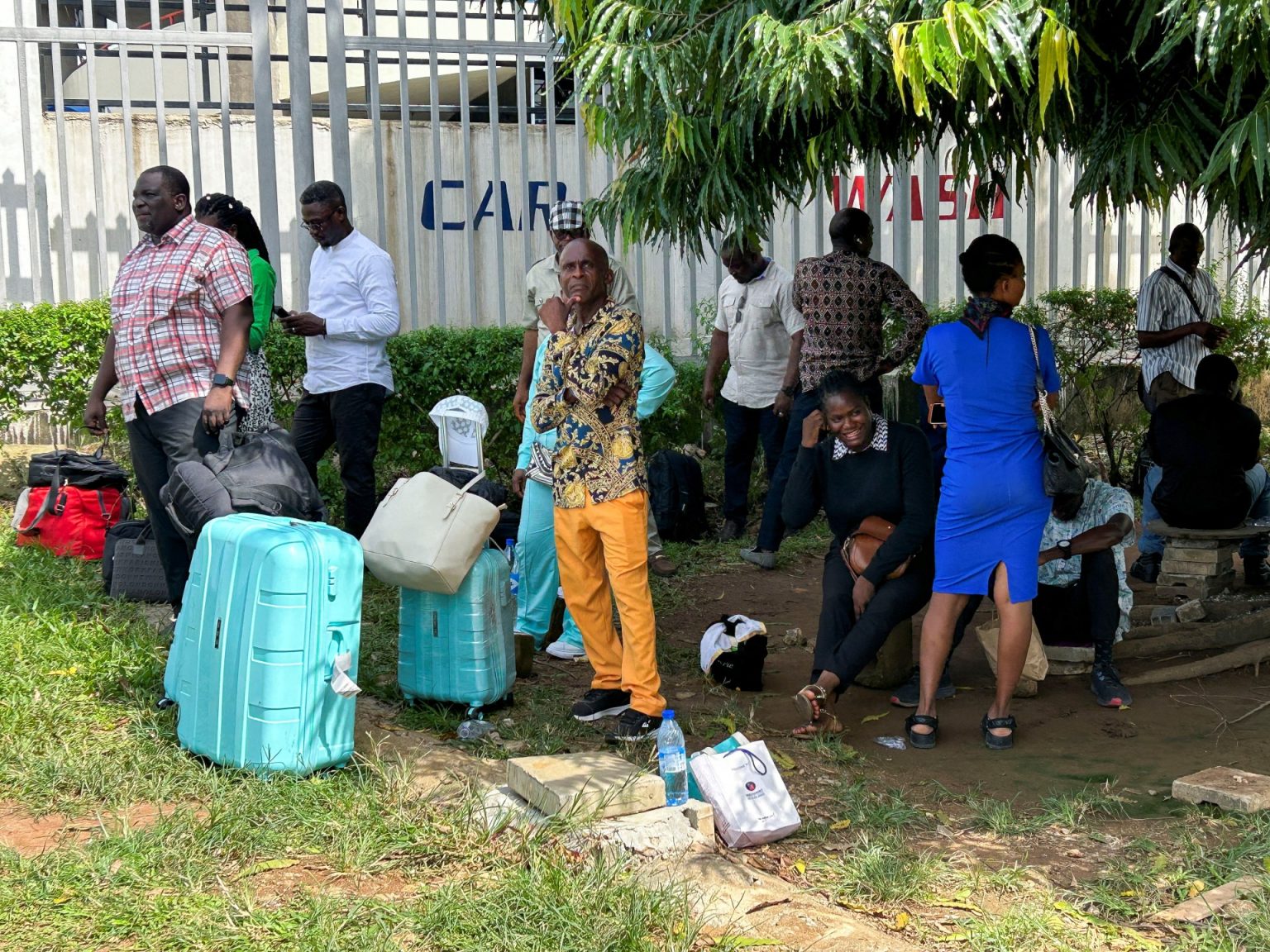Nigeria is facing a crisis as the country’s main labour unions, the Nigerian Labour Congress (NLC) and the Trade Union Congress (TUC), have embarked on an indefinite strike demanding a substantial increase in the minimum wage. The strike, the fourth under President Bola Tinubu’s administration, has resulted in the shutdown of the national electrical grid and disrupted flights across the country. The Transmission Company of Nigeria reported that union members forced operators out of power control rooms and shut down substations, ultimately leading to the national grid being shut down.
As a result of the strike, Nigerian airline Ibom Air has suspended flights indefinitely, while another airline, United Nigeria, reported that airports across the country have been shut down. The electricity and aviation unions have directed their members to withdraw services in support of the indefinite strike, demanding a significant increase in the minimum wage to nearly 500,000 naira ($336) from the current 30,000 naira ($20) per month. The government has offered 60,000 naira ($40), but the unions are standing firm on their demand.
The government has expressed concern over the unions’ demand, stating that it would significantly increase the government’s wage bill by 9.5 trillion naira ($6.3bn) and potentially destabilize the economy. President Tinubu’s reforms have led to record-high inflation, exacerbating the cost of living crisis in Nigeria. The decision to scrap subsidies on petrol, which previously kept fuel prices low, has also contributed to the growing pressure on households and small businesses.
Efforts are being made to resolve the situation and stabilize the national grid, but unions continue to obstruct grid recovery nationwide. In addition to the demand for a higher minimum wage, unions are calling for a reversal of the recent electricity tariff hike that primarily affects wealthier consumers. The government’s goal is to reduce reliance on subsidies in an effort to strengthen the economy.
The strike, which began after failed negotiations over a new minimum wage, is expected to continue until the unions’ demands are met. The government’s refusal to agree to the substantial increase in the minimum wage has led to a standoff with the unions, resulting in widespread disruptions and economic instability. The situation highlights the challenges faced by Nigeria as it grapples with soaring inflation, a struggling economy, and social unrest. Resolving the strike and finding a compromise between the government and the unions will be crucial in restoring stability and addressing the grievances of workers across the country.












